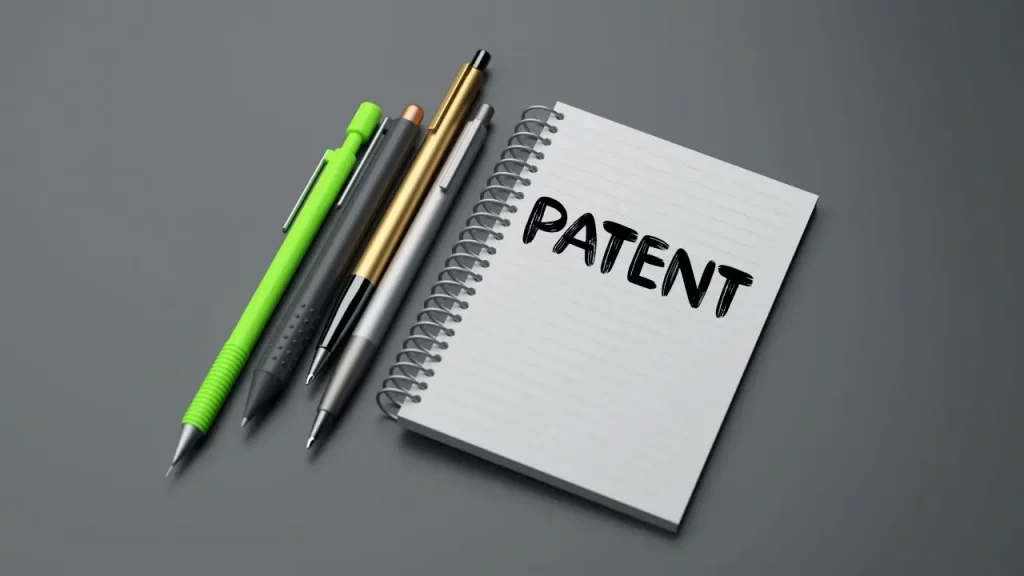As a business owner, it’s important to be aware of the different ways that you can protect your intellectual property. One such way is patent invalidation. Patent invalidation is the process of proving that a patent is not valid, and it can be a very powerful tool for businesses that are being infringed upon. In this blog post, we will discuss what patent invalidation is and how it can help your business!
What is patent invalidation and how does it work?
Patent invalidation is the process of challenging and overturning a patent. Invalidation can be done for a number of reasons, including proving that the invention was not new or that it was obvious to someone in the field. Invalidation can also occur if the patent holder does not follow proper procedures when filing for or renewing the patent.
Invalidation can have a significant impact on a business, as it can render a patent worthless. This can be costly for businesses that have invested time and resources into developing products or processes protected by the patent. Invalidation can also stifle innovation, as it may discourage others from pursuing similar projects out of fear of having their patents invalidated.
The benefits of patent invalidation
Patent invalidation can be a powerful tool for businesses. Invalidating a patent can help you avoid costly litigation, and it can also give you the freedom to innovate without fear of infringement. Invalidating a patent can also help level the playing field against larger competitors.
There are several ways to invalidate a patent, including:
- Showing that the patent is not novel
- Showing that the patent is obvious
- Showing that the patent claims are too broad
- Showing that the patent is not adequately described
- Showing that the claimed invention is not useful.
Invalidating a patent can be a complex and costly process, but it can be well worth it for businesses that are looking to avoid expensive litigation or that want to innovate without fear of infringement.
The process of patent invalidation
Patent invalidation is the process of declaring a patent null and void. This can be done for a number of reasons, including if the patent was granted in error, or if it’s found to be invalid under current law.
Invalidating a patent can have serious consequences for businesses that hold them, as it effectively renders the patent worthless. This can result in a loss of market share, as well as damage to the company’s reputation.
There are a number of ways to invalidate a patent, including through the courts, or by filing for reexamination with the USPTO. invalidation can be a long and costly process, so it’s important to consult with a patent attorney before taking any action.
If you think your business might be affected by a patent invalidation, it’s important to act quickly. The sooner you can address the issue, the better chance you have of minimizing the impact on your business.
Common grounds for patent invalidation
There are a few common grounds on which patents can be invalidated:
Lack of novelty: if the invention was known or used by others before the patent was filed, it is not considered novel and therefore cannot be patented.
Lack of inventive step: if the invention does not show an inventive step over what was already known, it cannot be patented.
Failure to disclose the invention: if the patent does not adequately disclose how to make and use the invention, it can be invalidated.
Not useful: if the invention is not useful, it cannot be patented.
There are other grounds on which patents can be invalidated, but these are the most common. If you are accused of infringement, it is important to determine whether the patent is valid and whether you have a defense.
If you are accused of infringing a patent, you may be able to invalidate the patent on one or more of these grounds. This can be a complicated process, so it is important to consult with an experienced patent attorney to determine whether you have a valid defense.
Thank you for reading! I hope this article was helpful in understanding what patent invalidation is and how it can affect your business. If you have any questions, please feel free to contact me.







